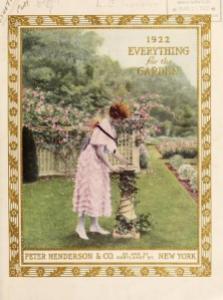We were lucky enough to have two guests on our podcast this week: Jessie Storlien, Stearns History Center; and Susan Schleper, St. Cloud Hospital Library.
(You can download all our podcasts at iTunes or the podcast app of your choice; or you can listen to this episode here!)
Topic of the Week: Special Libraries

From Wikipedia:
“A special library is a library that provides specialized information resources on a particular subject, serves a specialized and limited clientele, and delivers specialized services to that clientele.[1] Special libraries include corporate libraries, government libraries, law libraries, medical libraries, museum libraries, news libraries, and nonprofit libraries. Special libraries also exist within academic institutions, including law school libraries and medical school libraries. These libraries are included as special libraries because they are often funded separately from the rest of the university and they serve a targeted group of users.[2]”
Learn more about special libraries and listen to our episode here.

 It is always fun to visit all of our member libraries; but special libraries (those focused in on specialized collections and audiences) are a special kind of fun because they tend to be organized a little differently and to have different materials than most other libraries. Hazelden was no exception! Barb Weiner showed me around the library, and graciously sat with me while I asked a million questions and we chatted about libraries.
It is always fun to visit all of our member libraries; but special libraries (those focused in on specialized collections and audiences) are a special kind of fun because they tend to be organized a little differently and to have different materials than most other libraries. Hazelden was no exception! Barb Weiner showed me around the library, and graciously sat with me while I asked a million questions and we chatted about libraries. You can see the special touches in this library, presenting the library as a valuable resource as well as a welcoming place to visit. I just love this book-themed curtain separating out the work space from the public space – it’s adorable! And says that this is a nice place to visit – always an important message when encouraging people to use your library!
You can see the special touches in this library, presenting the library as a valuable resource as well as a welcoming place to visit. I just love this book-themed curtain separating out the work space from the public space – it’s adorable! And says that this is a nice place to visit – always an important message when encouraging people to use your library!
 d by Henriette Roued-Cunliffe and Andrea Copeland
d by Henriette Roued-Cunliffe and Andrea Copeland